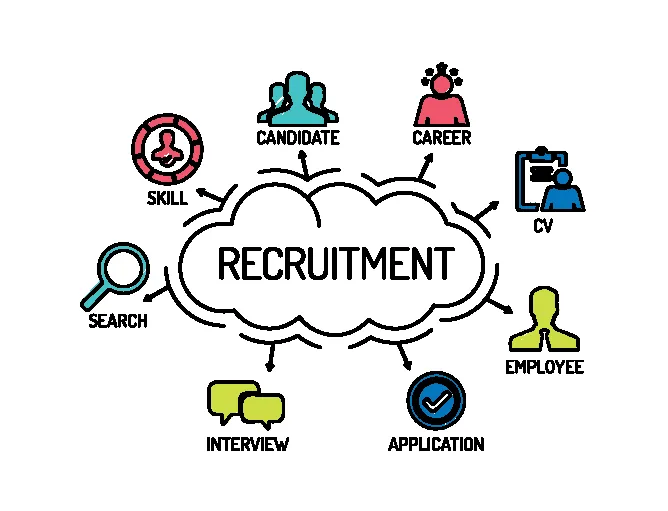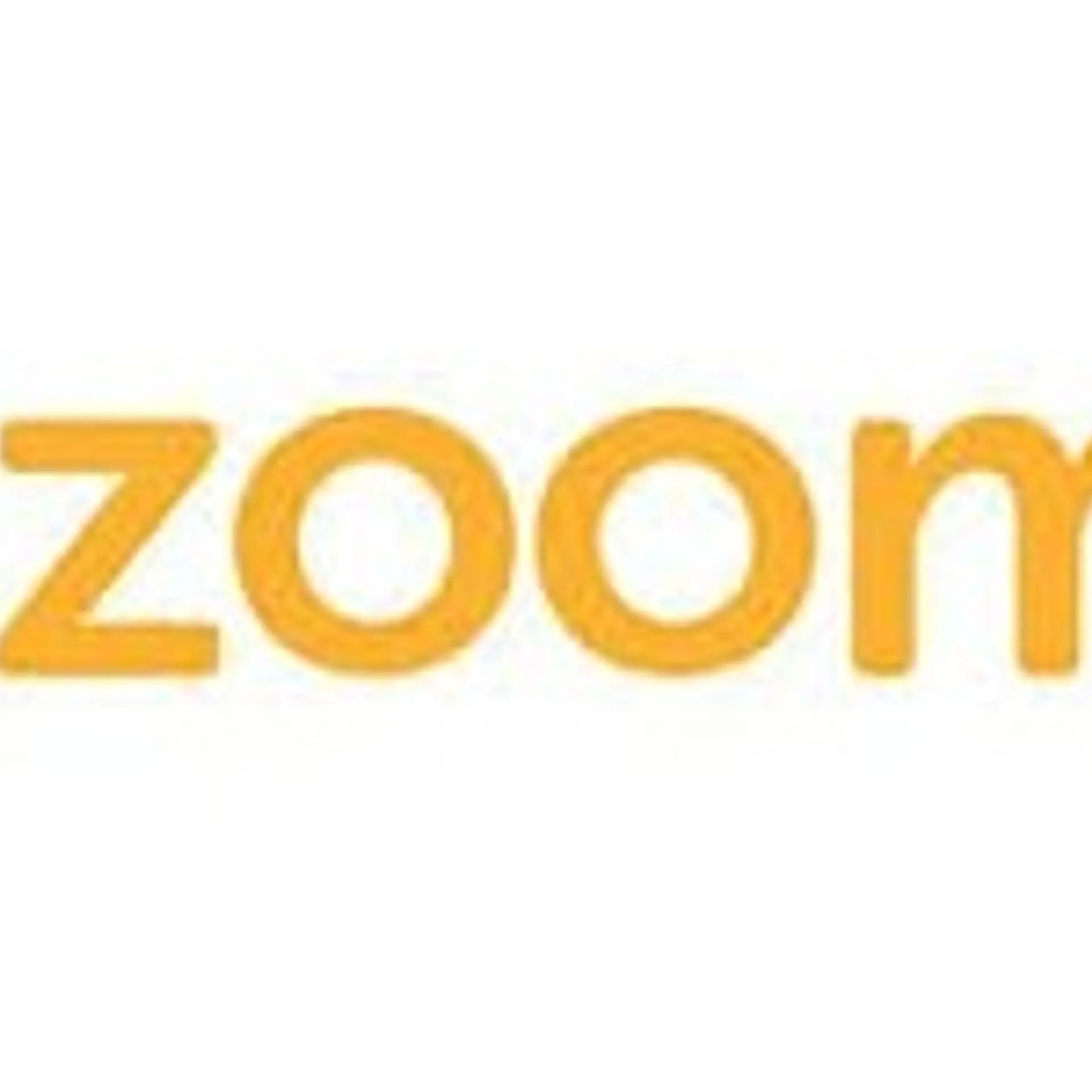

7 Innovative Approaches to Improve Your HR and Talent Management in the Digital Era
Approaches to Improve HR and Talent Management
Digital transformation is a priority in recent times. Today, talent is making a rapid shift towards becoming digital natives. Employees expect to be a part of a flexible, collaborative, energetic and inclusive workplace. In fact, companies that have succeeded in getting digital leadership right, have displayed better performance with higher engagement levels for employees.
However, the introduction of a brand-new management standpoint at par with the paradigm shift of digitization is not enough to improve talent management. The lack of dedication can be a severe hindrance to this transformation. Thus, an overall change in the approach to HR recruitment is essential to ensure that all stakeholders place their trust in this new program.
Human Resources (HR) has a crucial role to play in digital transformation, with employee onboarding and engagement being vital aspects of the process. The company culture of a digital organization must center around a customer-centric mindset that leads to a transparent and agile process.
HR professionals hired through an HR recruitment agency must ensure that the change occurs throughout the company, while confirming that employees are onboard with the current values and purpose of the organization.

Approaches to Improve HR and Talent Management
The constant fight to retain an empowered worker in this digital age is no secret. High performers today have a clear understanding of their value and it is easy for recruiters and competitors to screen and discover them.
Digital labor platforms have paved the way for competitors to pick the best people from their companies and help employees declare their presence to the world in unimagined ways. Here is a list of approaches that can be taken to enhance your HR and talent management in the digital era:
1. Onboarding and Training
Labour platforms today help you develop a personalized, comprehensive and quick onboarding experience to make sure that new HRs rapidly generate greater value. In fact, creating an onboarding agenda enabled Google to improve the productivity of its new employees to over 15%.
In a business arena with swiftly evolving technology, providing one-time training might not suffice. Enterprises in knowledge-oriented industries require virtual learning, self-directed and ongoing support mechanisms. In this context, efficient online learning programs and in-house training sessions can be of great help.
2. Measure Your Success Rates
Apart from areas of competence and innovative skills, HR must deal with the challenge of proposing relevant metrics. These metrics related to optimum performance in combination with other digital objectives put in place by the company.
Achievable goals need to be broken into proper KPIs and linked ROI, which define success at various levels of the transformation. Talent management data need to be incorporated with business intelligent data and vice versa for effective planning and monitoring.
3. Transform the Management
Though opposition to change begins from the lower tiers, the prime aim of any digital HR strategy is to support the Management and drive leadership during this shift towards a customer-oriented approach. Thus, both the training and acquisition processes of a human resources recruitment agency must revolve around creation of the means for a workable approach.
A change in Management is mainly a change in mentality. However, HR agencies must educate and create digital leaders who believe in deriving results from true innovation. An HR must back an infrastructure that lets the Management define steps to real outcomes with clarity. Companies that succeed in creating an environment for development, knowledge transfer and performance management reach the heights of digital competence.
4. Clear Communication
For efficient talent management, a balance must exist between the means and frequency of communication among the HR and individual teams. It is important to establish transparency regarding time-sensitive topics as well as long-term goals during team meetings. Try sharing the podium so that the discussion does not appear to be a one-way street.
Getting your team to put away their cell phones during the meeting can greatly help you improve employee engagement. The use of mobile technology can be extremely distracting in meetings. You can also appoint a different individual to carry out the meetings each week.
This will give them the accountability to capture crucial points, thereby ensuring a productive meeting. Lastly, HR management must include the creation of a robust sense of connect and collaboration within the team by establishing social media communities.
Also Read: A 2020 Resolution That Will Make You Feel Smug All Day
5. Use Multi-Channel Activities
Digital HR processes capture mobile, social and cloud technologies to collect and study data while overseeing the employee experience. HR managers need to build a concrete plan inclusive of platforms and multi-channel activities to handle the complete integrated programs at various levels of the digital transformation procedure.
Thus, the HR needs to work towards a seamless integration of various processes and systems across multiple applications, from performance management, collaboration, staff training to communication tools. Systematic integrations pave the way for more informed decision-making practices and improved productivity.
6. Cross-Functional Collaboration
Human resource in an era of digital interference are intertwined with the company’s infrastructure. An HR needs to have a strong collaboration with IT to recruit talent and create a platform for the easy flow of information and centralized intelligence. However, in case of a customer-centric approach, customer journey mirrors the employee experience.
A huge challenge faced by an HR recruitment agency in the recent digital encouraging HRs to establish strong co-dependencies with other units in the organization. If done successfully, this helps a company take the needs and requirements of a workforce into account and move towards long-term goals.
7. Collaborate for Success
An HR is backed by endless options accessible to assist a team. Thus, it is essential that every human resource recruitment agency looks for individuals motivated in building an association aimed at success and effective talent management. You can make use of social media platforms to improve your network connections and strengthen your community at work. Apps can also be used as great on-the-job resources to enhance employee engagement.
Try promoting innovation through organized brainstorming sessions, design thinking, as well as advocating diversity of backgrounds and perspectives within the groups. Employees consider their leader to be the main guide who makes the best decisions for their personal and professional development. Therefore, as an HR, it is imperative that you try and partner with employees for success by mentoring them to exploit their strengths to the fullest.
Nevertheless, executive alignment and technology are not enough to propel an organization’s digital transformation. At the end of it all, a company’s most asset is its employees. Working towards their engagement and motivation gives rise to a culture of innovation that is essential for a company’s success in this digital age.
HR experiences that are strictly derived from client-grade digital practices and focus greatly on an employee’s professional and personal well-being help bring out the best. At the end of the day, it is purpose which drives people, and people who drive a company’s growth.







